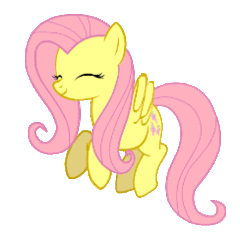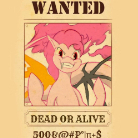Can you list to me as many medieval values, even bad ones?
-
Similar Content
-
- 20 replies
- 1,706 views
-
- 41 replies
- 2,029 views
-
- 52 replies
- 3,124 views
-
- 47 replies
- 1,941 views
-
- 147 replies
- 7,074 views
-
-
Recently Browsing 0 members
- No registered users viewing this page.








Recommended Posts
Create an account or sign in to comment
You need to be a member in order to leave a comment
Create an account
Sign up for a new account in our community. It's easy!
Join the herd!Sign in
Already have an account? Sign in here.
Sign In Now